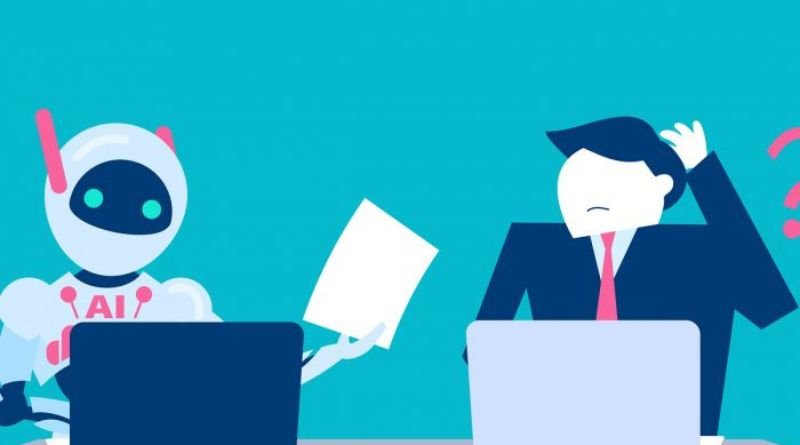Get Ahead of the Curve: AI-Recruiting Regulations and Your Company

As AI becomes more advanced, robots are becoming better and better at performing human tasks. In the recruiting industry, this could mean that robots might soon be able to perform some of the most challenging tasks that recruiters currently need to handle. This includes screening resumes, scheduling interviews, sending reminders, and making decisions about candidates’ eligibility based on their education and skills. Should you be worried? This article will explain how AI-recruiting regulations will affect your company and how you can be prepared to meet these new challenges head-on.
What You Need to Know
AI recruiting is a new, potentially disruptive technology that will change how companies find, interview, and hire job candidates. While there are many challenges that lie ahead for organizations in this space—including transparency about algorithms to avoid discrimination—it’s important to stay abreast of regulatory changes as they take shape.
How AI Works with Recruitment
AI makes recruiting more streamlined and transparent, ensuring that only qualified candidates reach the hiring managers’ desk. With artificial intelligence taking care of the logistics for us, recruiters can focus on what matters most – forming relationships with potential candidates to understand their skill sets. This also provides a range of benefits for both companies and candidates. For instance, AI can learn from human interactions to make better matches in a faster amount of time.
How to Attract Machine Learning Engineers
AI, big data, and machine learning are critical to today’s tech ecosystem. But according to a recent report from McKinsey & Co., employers will need as many as 1.5 million new workers with deep digital skills by 2020. In other words, this is an excellent time for human resources departments to adopt recruitment practices that leverage technology in order to attract top talent.
Are There New Legal Risks?
AI recruiting regulations are just now being developed, so it is still too early to say for sure. However, there may be some areas that people should consider in order to be ahead of the curve.
First, some have argued that using a neural network algorithm in recruitment should not constitute an assessment, which is currently required by U.S.
The Consequences of Not Considering These Things
Employers must work to predict shifts in technologies and prepare for them. For example, if your company doesn’t have diversity plans, you could face legal problems. If your company isn’t following GDPR guidelines, then it could be facing heavy fines by July 2018. Already being proactive about these things can help your company stay ahead of any sudden changes or requirements to come in the future.
And if you’re not already working on including artificial intelligence into your recruiting process, then you may want to rethink that idea. By 2020, 80% of HR technology platforms will include some type of A.I., so get a head start now!
What Can HR Do About it Now?
The sheer number of possible changes coming with new laws means that HR should start planning now. One way to do this is by assigning someone to keep up with legal developments in their area. Other options are recruiting a lawyer who has experience with corporate compliance, or teaching your employees how to search for regulation updates using things like Google alerts. This may not stop some legislation from surprising you, but it will prepare you for what’s ahead.
Conclusion
AI recruitment is an exciting, ever-changing technology that can help your company grow and improve. But with these new regulations, it is more important than ever to start planning early in order to be prepared for the future. In a world where HR procedures are continuously being transformed, staying up to date on every change can be difficult. But taking advantage of trends like automated processes can go a long way in helping keep your company’s HR department ahead of the curve.


